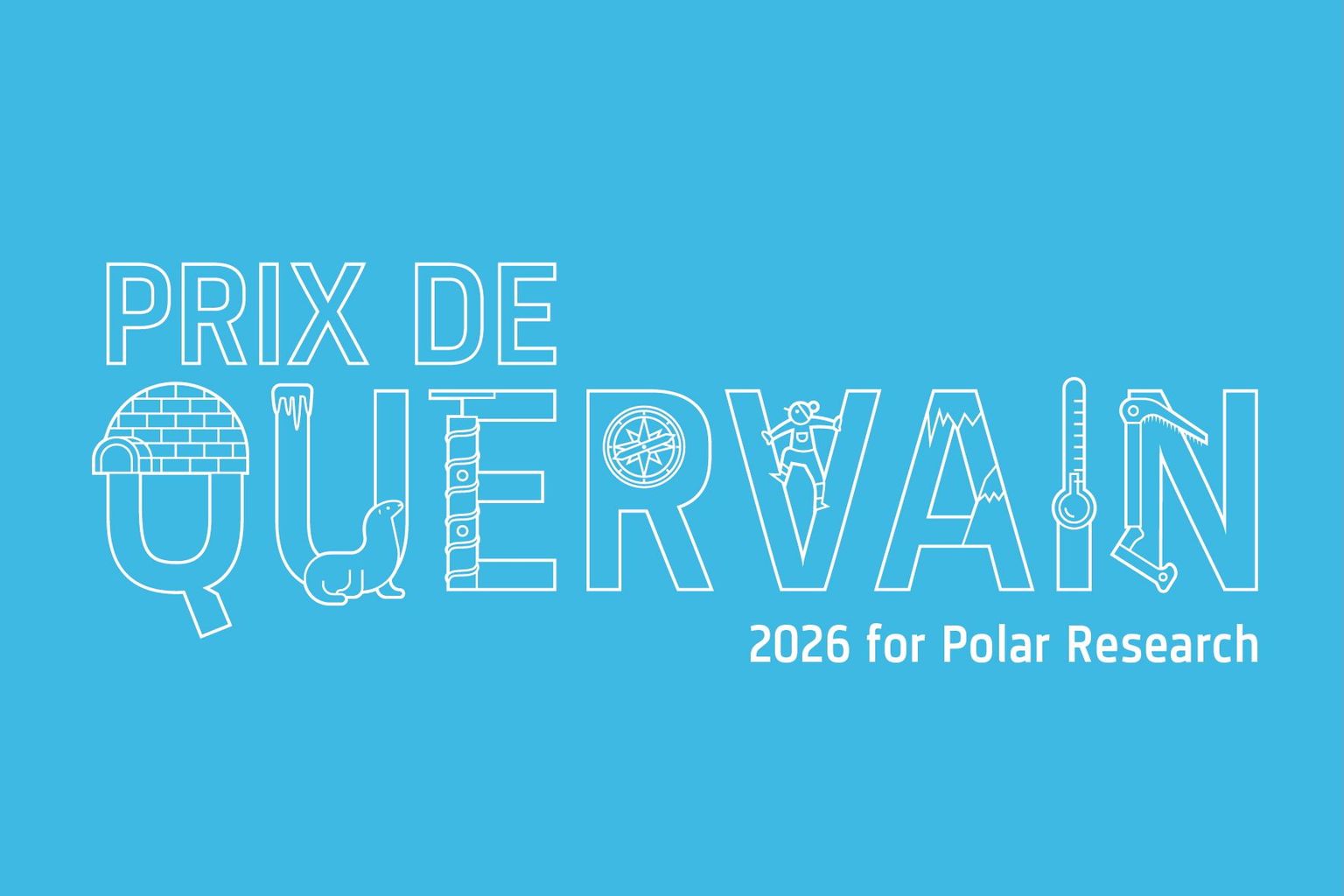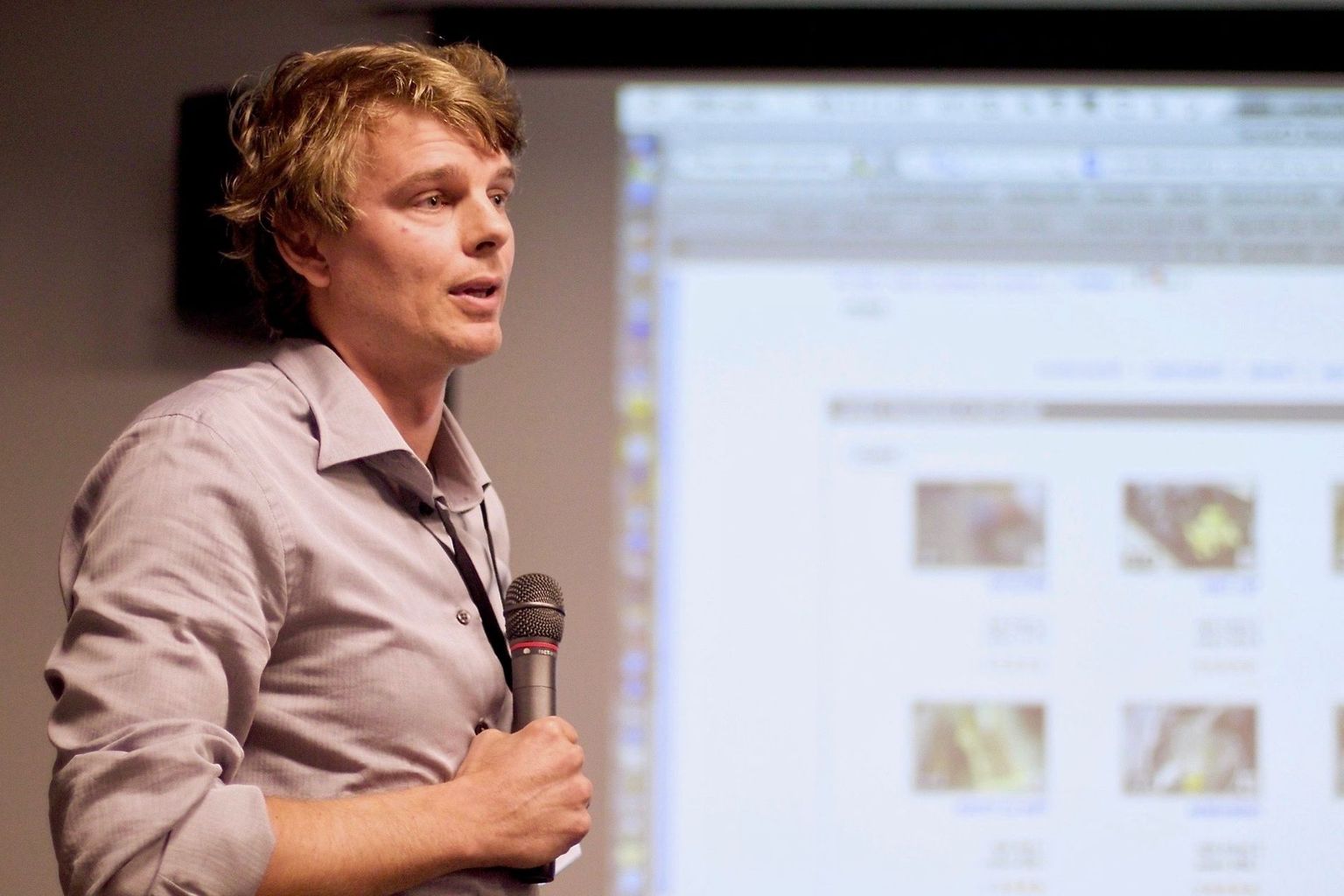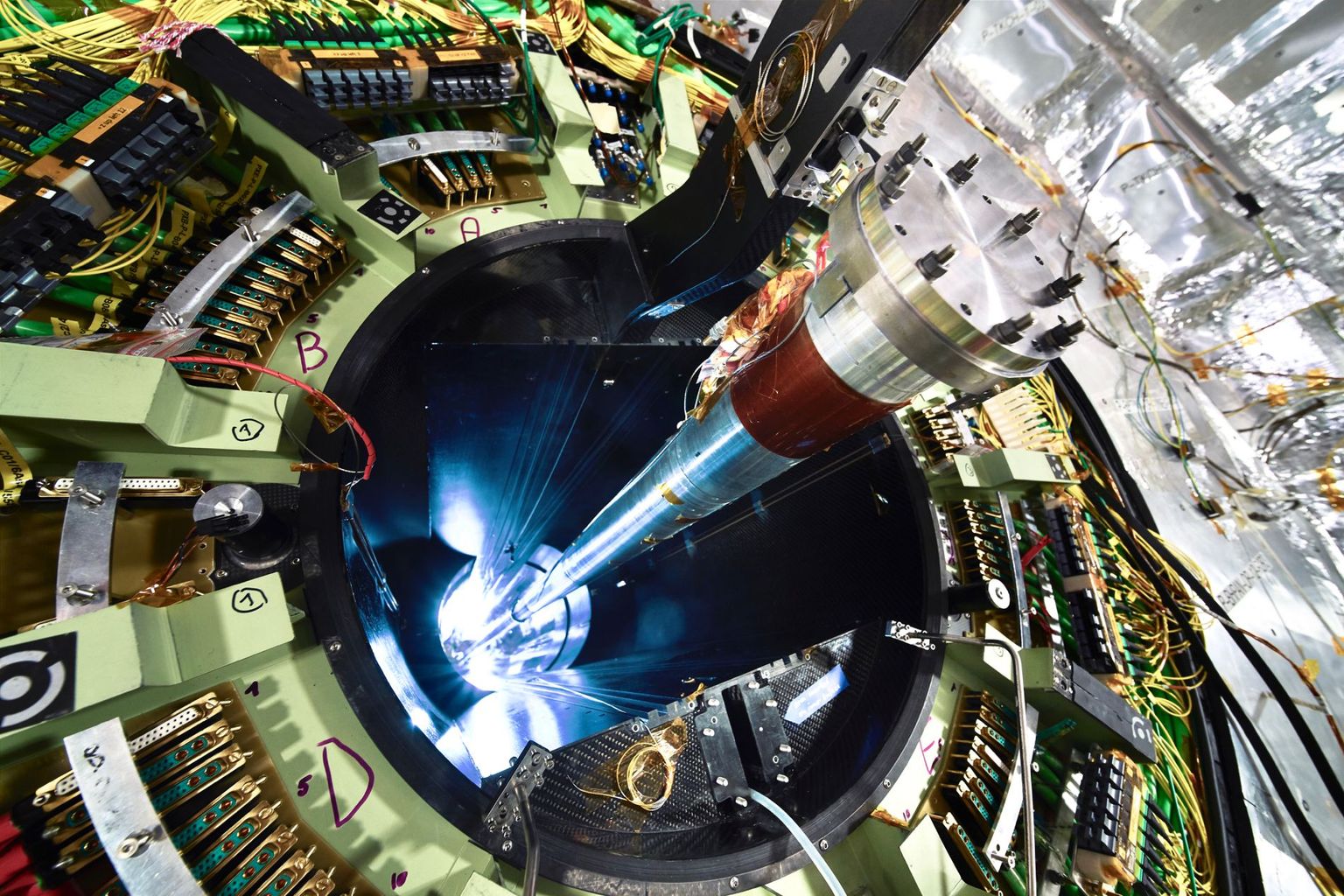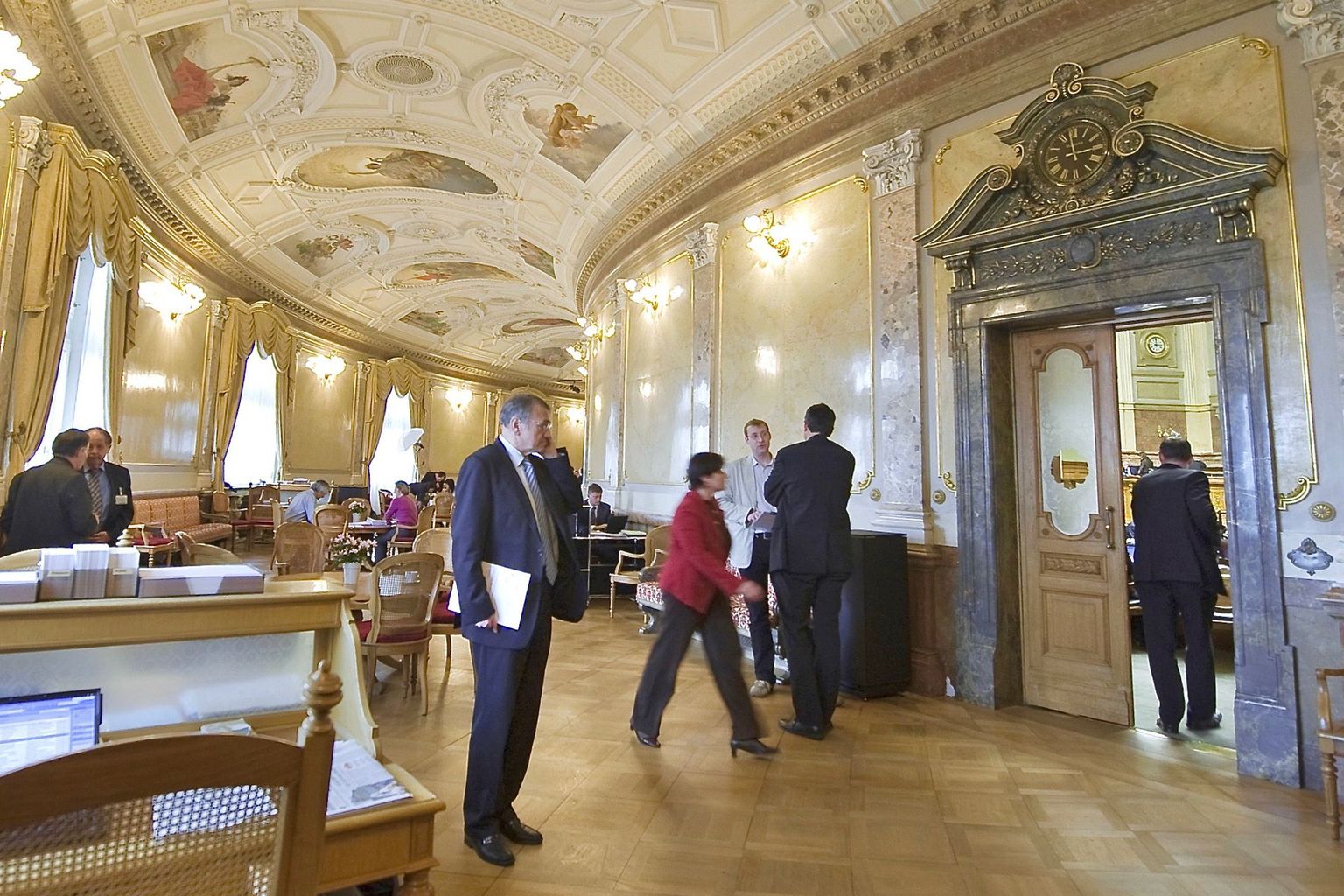- Notizie
Call for nominations: Prix de Quervain 2026 for Polar Research
Immagine: SKPH1/8- Notizie
How to achieve good research collaboration
Immagine: SCNAT2/8- Notizie
Viruses as hope against antibiotic resistance
Immagine: Andres Jordi3/8- Comunicato stampa
When ice crystals cause snowfall and people with lung disease climb to higher altitudes
Immagine: Simon Raphael Schneider4/8Roles of scientists in society
Immagine: 2D_jungle/stock.adobe.com, mit KI verändert5/8- Notizie
« Plus on est petit, plus on a besoin de l’international »
Immagine: Andres Jordi6/8- 2025
- Relazione
Evaluating the Quality of Global Research Partnerships
7/8Roadmap comunitarie per le grandi infrastrutture di ricerca
8/8
Per una scienza solida
La SCNAT adotta iniziative per un sistema scientifico svizzero efficiente e al servizio della società. Rafforza la condivisione tra i soggetti della comunità scientifica. Accresce la consapevolezza per la responsabilità morale della scienza e redige linee guida per i processi scientifici e il loro utilizzo.
Attualità
Aree in cui si impegna la SCNAT
Contatto
Accademia svizzera di scienze naturali (SCNAT)
Casa delle Accademie
Casella postale
3001 Berna
Novità

All die Steine aus dem All
Falsch beschriftet, vertauscht, verschollen: In den Meteoritensammlungen der Schweiz herrschte lange ein ziemliches Durcheinander. Ein Digitalisierungsprojekt hat nun Ordnung in die Archive gebracht – und für Überraschungen gesorgt.
Immagine: Museum Zofingen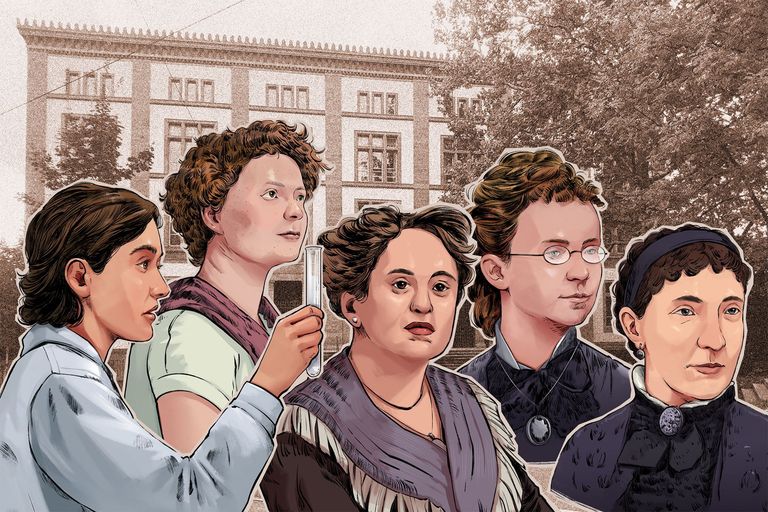
The University of Zurich as the global pioneer for the first female doctors of chemistry
It was the first European university to admit women to the take classes and the first university in the world to award a doctorate to a woman. The Swiss Academy of Sciences has honoured the university with a Chemical Landmark award as a significant historic site for chemistry.
Immagine: Gregor Forster / Monique Borer
When ice crystals cause snowfall and people with lung disease climb to higher altitudes
Two young scientists are awarded the Prix de Quervain for their outstanding dissertations re-lated to high altitude research. Paraskevi Georgakaki is being honoured for her research into the role of ice crystals in mixed-phase clouds, and Simon Raphael Schneider for his study on the effects of high altitude on people with pulmonary hypertension.
Immagine: Simon Raphael SchneiderViruses as hope against antibiotic resistance
Antibiotic-resistant germs are posing increasing problems for medicine. There is a great need for complementary treatments. One such treatment could be phage therapy, as a new film shows.
Immagine: Andres Jordi« Plus on est petit, plus on a besoin de l’international »
Afin de maintenir la science suisse au sommet et de garantir la continuité des conditions-cadres favorables à la recherche, il semble crucial de reconnaître l’étroite corrélation entre science et politique, de souligner la menace du populisme sur l’excellence scientifique et de rappeler, plus que jamais, la nécessité d’une science forte et internationale, en Suisse et dans le monde. Telles sont les conclusions de l’événement intitulé « Comment la science suisse peut-elle rester au sommet ?», organisé par la SCNAT à Berne le 23 mai 2025.
Immagine: Andres Jordi
Giovane Accademia Svizzera
La Giovane Accademia Svizzera offre alle nuove generazioni l’opportunità di realizzare progetti interdisciplinari e transdisciplinari. Grazie all’impegno e ai contributi di questa Accademia, i membri cercano di individuare tempestivamente le sfide sociali, offrono soluzioni per tali sfide e promuovono il dialogo tra la scienza e la società. La Giovane Accademia Svizzera è stata avviata dall’Accademia Svizzera di Scienze Naturali di cui fa parte.


